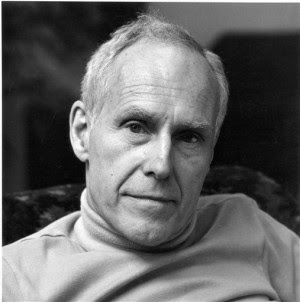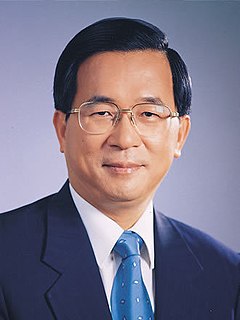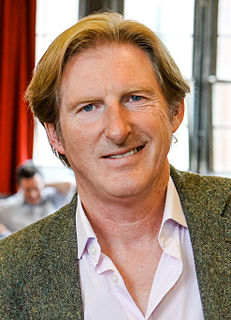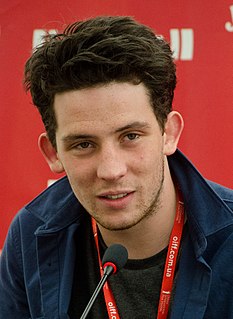A Quote by Barney Rosset
Opens up a whole new view of Beckett. The strong mutual attraction between Beckett and Cunard may help explain the leftist political views he expressed both in these superb and long-neglected translations for Negro and elsewhere in his work.
Related Quotes
When I was a very young student I loved and admired the work of Sam Beckett, who is famously pessimistic, and whose writing is an extraordinary examination of emptiness. I wanted to be like Beckett. I don't have the same attitude toward the world, I'm naturally optimistic, and so of course I could never be like Beckett. You can't force yourself to become like someone you admire.
At Princeton I wrote my junior paper on Virginia Woolf, and for my senior thesis I wrote on Samuel Beckett. I wrote some about "Between the Acts" and "Mrs. Dalloway'' but mostly about "To the Lighthouse." With Beckett I focused, perversely, on his novels, "Molloy," "Malone Dies," and "The Unnamable." That's when I decided I should never write again.
My son is actually named after Beck, the musician. We heard Beck on the radio and thought that was a good nickname for a child. We named our son Beckett so we could call him Beck - we reverse engineered. And then after he was born and I saw the name on the birth certificate I realized Beckett was a really pretentious name, way too literary. Luckily he's grown into it. We nearly named my second son Dashiell. Can you imagine? Beckett and Dashiell. It would have been a disaster of pretentiousness.
Samuel Beckett is the person that I read the most of - certainly the person whose books I own the most of. Probably 800 or 900, maybe 1,000 books of just Samuel Beckett. By him, about him, in different languages, etc. etc. Notebooks of his, letters of his that I own, personal letters - not to me, but I bought a bunch of correspondence of his. I love his humor, and I'm always blown away by his syntax and his ideas. So I keep reading those.
Artemis: "Right, brothers. Onward. Imagine yourself seated at a cafe in Montmartre." Myles: "In Paris." Artemis: "Yes, Paris. And try as you will, you cannot attract the waiter's attention. What do you do?" Beckett: "Umm...tell Butler to jump-jump-jump on his head?" Myles: "I agree with simple-toon." Artemis: "No! You simply raise one finger and say clearly 'ici, garcon.'" Beckett: "Itchy what?
I have also been attacked by my opponents as someone seeking to purge university faculties of leftist professors. This is false. The first provision of the Academic Bill of Rights is that no professor should be hired or fired because of his or her political views. I have never myself called for the firing of any professor for his or her political views, nor would I.



































